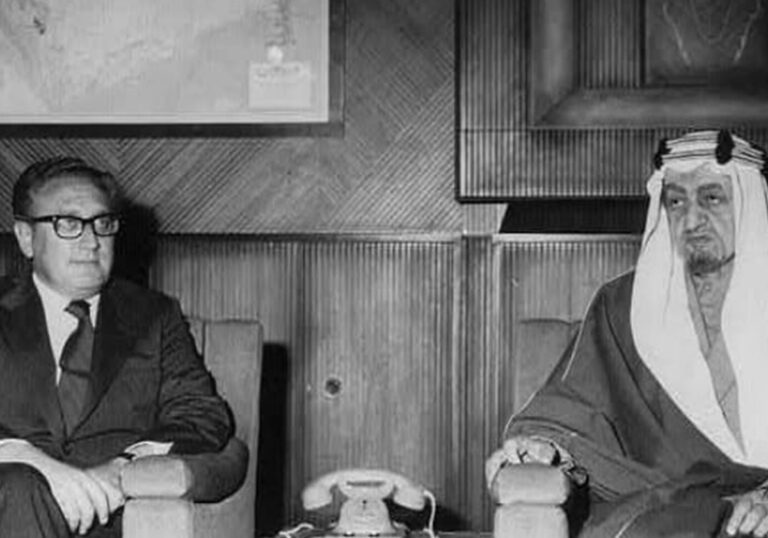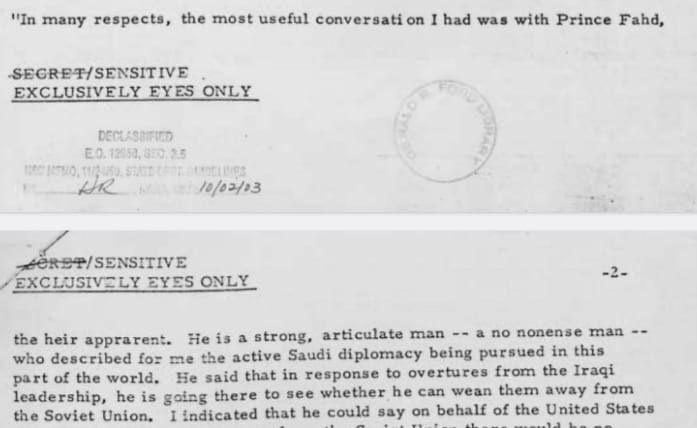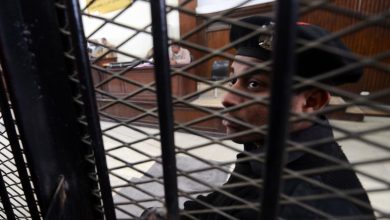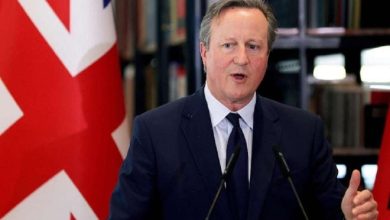King Faisal’s Legacy: The Assassination that Shook the Arabian Peninsula and Redefined Saudi Arabia’s Futur

Watan – In the annals of Middle Eastern history, few events have resonated profoundly as the assassination of King Faisal bin Abdulaziz Al Saud, the visionary third monarch of Saudi Arabia. On the fateful day of March 25, 1975, the corridors of Riyadh’s majestic royal palace bore witness to this tragedy during a traditional majlis session. This seismic event not only captivated global attention but also ignited debates about its underlying causes and the broader implications for the Arabian Peninsula.
A beacon of moderation, King Faisal championed transformative initiatives that propelled Saudi Arabia into a new era. His legacy is punctuated by landmark reforms, such as the historic abolition of slavery and the inauguration of the nation’s inaugural television station. Furthermore, his strategic maneuvering during the 1973 oil crisis, which culminated in an embargo against Western nations, amplified oil prices and fortified OPEC’s global standing.

However, the path of progress is seldom without its detractors. King Faisal’s endorsement of television broadcasting met with vehement opposition from conservative religious circles, who perceived it as an affront to Islamic principles. Additionally, his unwavering support for Palestinian rights and candid critiques of Israeli policies rendered him a contentious figure among certain quarters.
The plot’s mastermind, Prince Faisal bin Musaid, had academic affiliations with the University of California, Berkeley. Whispers within the kingdom alluded to a deeply personal motive, rooted in his brother’s demise during a protest opposing television’s introduction. In the aftermath of the assassination, the wheels of justice turned swiftly, culminating in the prince’s apprehension, trial, and eventual execution.
King Faisal’s tragic end undeniably marked a defining juncture in Saudi Arabia’s narrative. It underscored the inherent challenges of navigating the delicate balance between modernity and cherished traditions. Furthermore, it spotlighted the imperative of fostering stability in a geopolitical landscape characterized by volatility and strife.






